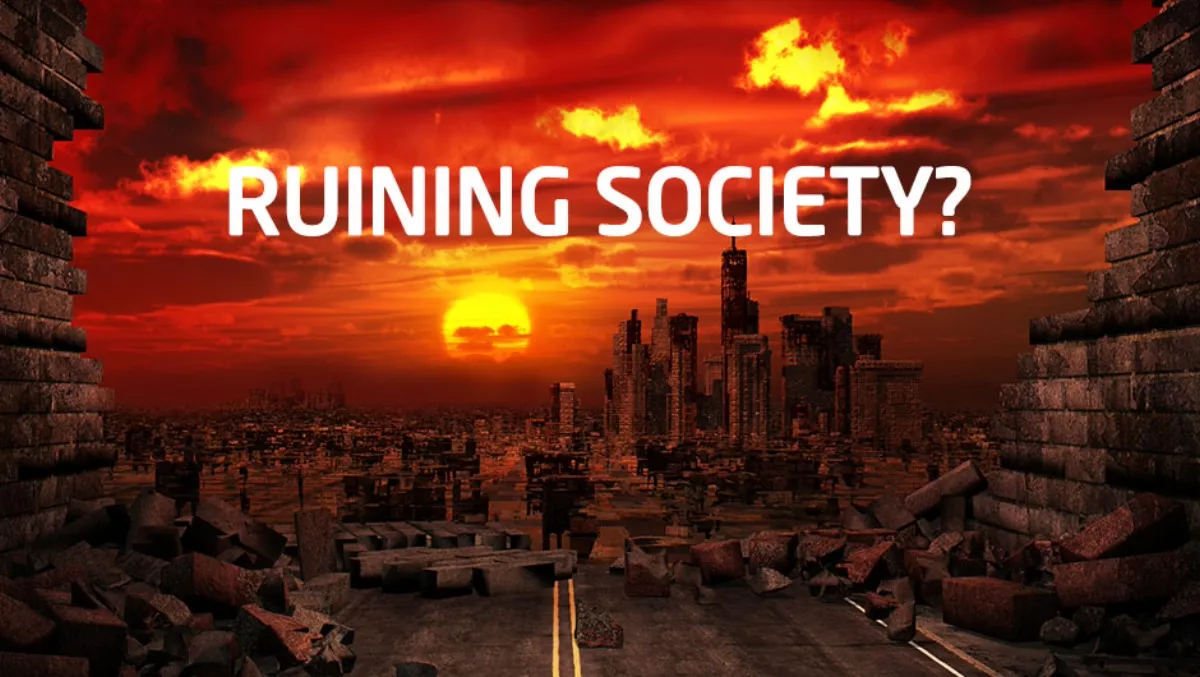
Is virtual reality ruining our society?
If one of your parents was gravely ill, society, your family and your loved ones expect you to visit. Even if you aren't in the same city, you need to get a flight straight away. Even more so for a funeral. It's about "doing the right thing" and about respect.
If you were Maori and your marae calls a hui about an important community decision, and you're expected to be there.
Will these be examples of things we do digitally and remotely in the future?
Would it extinguish our zest for taking on huge challenges like climbing Mount Everest if somebody has already been there and produced a high quality 360-degree virtual reality video of being at the summit?
I know what you're about to say.
That's rubbish and experiencing it in person will never be replaced. It's about hearing, tasting, feeling that make these true human experiences.
Well, let's think about rugby, if our great grandfathers wanted to watch the game, they would have to 'pony up' and attend in person, even if it was raining.
Now we watch it from our couch in high definition on television. It's totally acceptable and seen to be almost the full experience. In fact a lot of people would say it's a better experience from home, zoomed in on the actual action.
Don't get me wrong; I realise that there are examples where virtual reality and digital communications are beneficial. Maybe someone in a wheelchair will never get to experience climbing Everest without virtual reality. Maybe it's better for one to attend a funeral by video link than not at all.
I guess I'm not thinking of those, but whether it will make it socially acceptable to choose the digital and not physical option for those that could or arguably should've attended in person.
Maybe I'm looking the future of these technologies and judging it by today's moral expectations. By the time these things are mainstream, our attitudes could be totally different.
But maybe that's the problem with these technologies. They enable amazing things for people who couldn't have experienced something before, but do they also give everyone else an easy pass to choose the lazy sit at home option?


